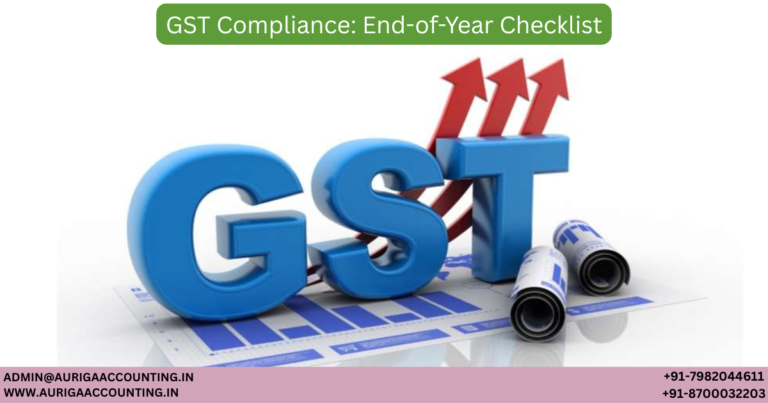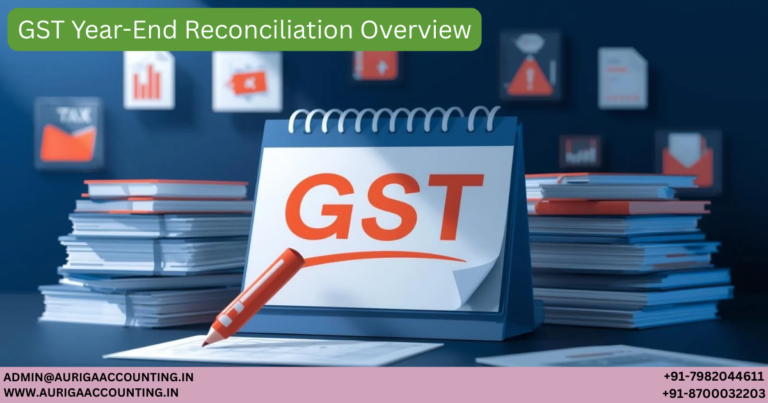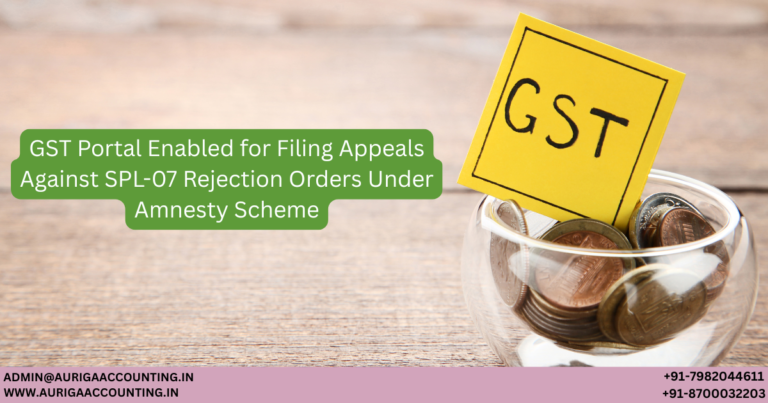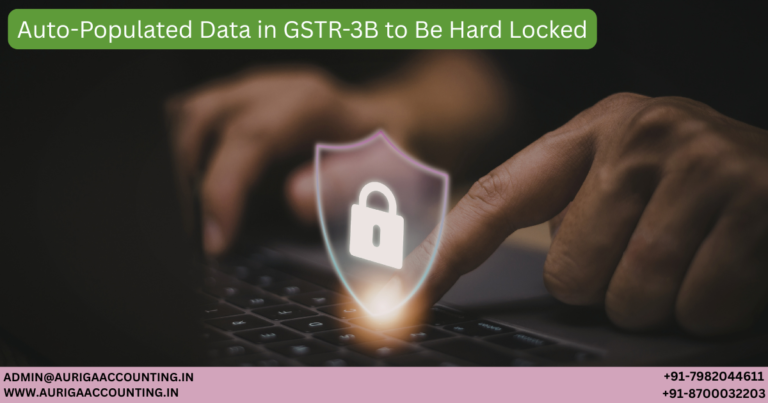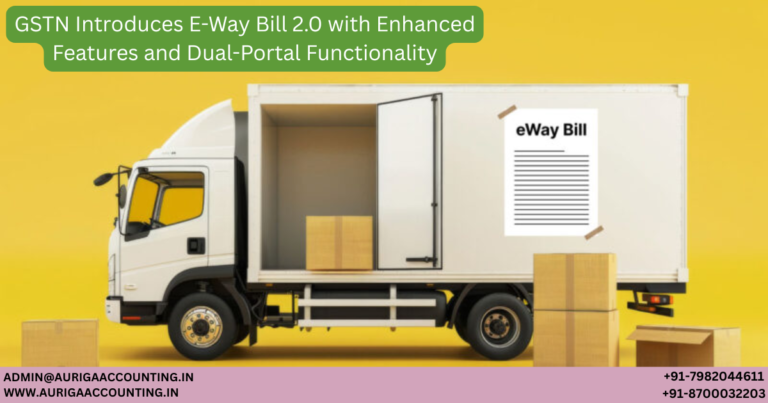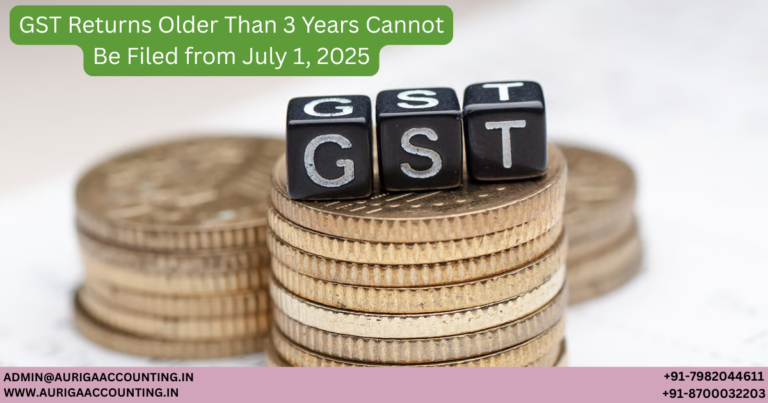Renu Suresh is a skilled writer who excels at simplifying complex legal concepts into clear, practical guidance. Her articles equip entrepreneurs with the essential knowledge to navigate business laws confidently, helping them launch and run their ventures successfully.
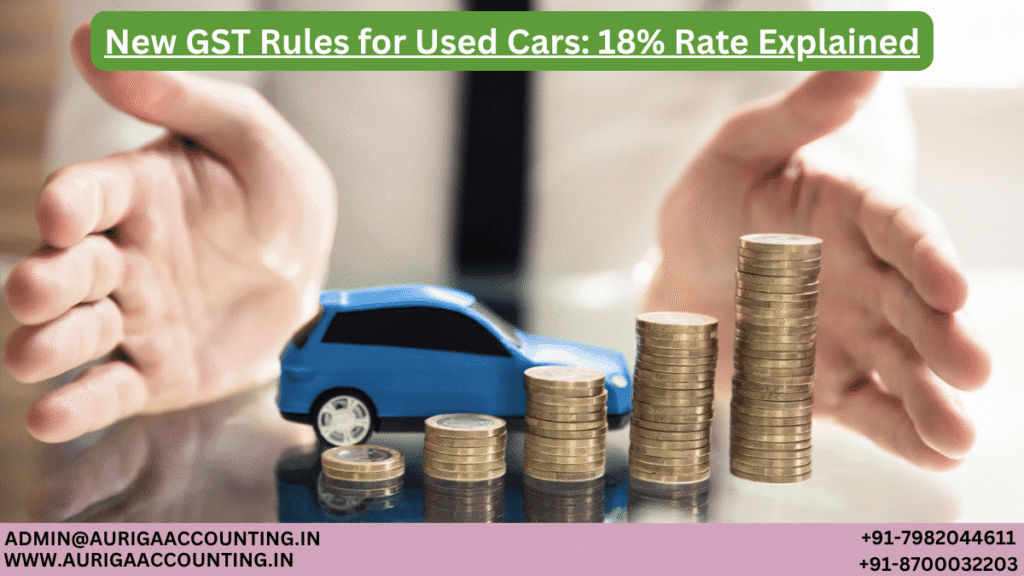
New GST Rules for Used Cars: 18% Rate Explained
Introduction
ToggleThe Goods and Services Tax (GST) has been a transformative reform in India’s taxation system. On December 21, 2024, during the 55th GST Council meeting chaired by Finance Minister Nirmala Sitharaman, a significant update was announced: a uniform 18% GST rate on the sale of used cars, including electric vehicles (EVs).
Earlier, the GST on pre-owned vehicles varied widely—from 5% to 28%, depending on factors like vehicle type and transaction structure. This new move simplifies the tax structure but has also led to uncertainty and questions among buyers and sellers.
In this article, we break down the revised GST rules for used and old cars to help you understand what this change means and how it affects second-hand vehicle transactions.
GST on Sale of Used Cars: A Comprehensive Overview
GST on used cars differs significantly from that on new cars. While new cars attract GST on the entire sale price, used cars are taxed under the margin scheme, meaning GST is applied only to the profit margin (difference between the selling and purchase price), not the full sale amount.
Key GST Concepts for Used Cars
Margin Scheme: GST is charged only on the profit margin—the difference between the purchase price and sale price.
Input Tax Credit (ITC): ITC is not available on used cars sold under the margin scheme.
GST Rate: A uniform 18% GST rate now applies to all used vehicles, including petrol, diesel, and electric cars, replacing the earlier varied rates between 5% and 28%
Applicability of GST on the Sale of Used Cars
GST on the sale of used cars depends on whether the seller is a GST-registered dealer or an unregistered individual. Here’s how it applies in different cases:
For Unregistered Sellers:
If an individual who is not registered under GST sells their used car for personal reasons, the transaction is generally exempt from GST. In other words, private sales by unregistered individuals do not attract GST.
For Registered Dealers:
When a GST-registered dealer sells a used car, the transaction is considered a “supply of goods” under GST law. Since dealers conduct such sales as part of their regular business, they are required to charge GST on the sale of used vehicles.
GST Applicability Based on Seller Type and Transaction Details
The table below summarizes GST applicability across various seller and buyer scenarios:
| Seller’s Usage Type | Is Seller Registered? | Is Buyer Registered? | GST Applicability |
|---|---|---|---|
| Business | No | No | No |
| Business | No | Yes | Yes (under reverse charge) |
| Business | Yes | No | Yes |
| Personal | No | No | No |
| Car Dealer | Yes | No | Yes |
What is the GST Rate for Selling Second-Hand Cars?
The GST rate for selling used cars has been standardized at 18%, applying uniformly to all types of second-hand vehicles, including petrol, diesel, and electric vehicles (EVs). Previously, GST rates varied widely based on the vehicle type and the seller’s registration status. Under the new rule, the 18% GST is levied only on the dealer’s profit margin—meaning if the vehicle is sold at a loss, no GST is charged.
GST Rules for Used Cars: Key Updates
The updated GST guidelines for used cars highlight several important points for both buyers and sellers:
Unified 18% Tax Rate: GST on used car sales is now standardized at a flat 18%, applying to all types of used vehicles, including petrol, diesel, and electric vehicles (EVs).
Tax on Profit Margin: GST is charged only on the difference between the selling price and the purchase price—the seller’s profit margin. For instance, if a used car is bought for ₹10 lakh and sold for ₹12 lakh, GST is calculated on the ₹2 lakh profit.
No GST on Private Individual Sales: GST applies only when a GST-registered dealer sells the vehicle. Private individuals selling their personal used cars are exempt from GST.
Effect on Pricing: The introduction of the uniform 18% tax rate may lead to higher prices for used cars sold through dealers, as they may pass on the GST cost to buyers.
Includes Electric Vehicles: The 18% GST applies equally to all used vehicles, ensuring a consistent tax framework across petrol, diesel, and electric cars
Who Is Impacted by the 18% GST Rule on Second-Hand Cars?
The 18% GST rate on second-hand car sales applies primarily to GST-registered dealers—businesses or companies actively involved in buying and selling used vehicles. This regulation helps ensure compliance with GST laws and simplifies the taxation process for the resale of used cars.
Example of GST Calculation on Used Cars:
If a dealer buys a used car for ₹10 lakh and sells it for ₹12 lakh, the profit margin is ₹2 lakh. According to the current GST rules, the 18% GST is charged only on this ₹2 lakh profit, resulting in a tax liability of ₹36,000.
What Does the 18% GST Mean for Buyers?
For buyers, purchasing a used car from a GST-registered dealer or platform typically means a slightly higher price, since the 18% GST is applied to the dealer’s profit margin. When buying from GST-registered businesses like Cars24 or Spinny, this tax is usually included in the final price, ensuring transparency in the total cost.
Impact on Private Sales
If you buy or sell a used car through a private transaction—directly between individuals—GST does not apply. These private sales are exempt from GST, as the tax rules specifically target dealers and businesses, not individual sellers
Is This a New Tax?
No, this is not a new tax. The update involves a revision of the GST rate on used cars, which has been increased to 18%. Earlier, certain second-hand vehicles were subject to a 12% GST, but this has now been standardized at the higher rate for specific categories, including:
Electric Vehicles (EVs): Regardless of engine size.
Petrol Vehicles: With engine capacities of 1200 cc or more and lengths over 4000 mm.
Diesel Vehicles: With engine capacities of 1500 cc or more and lengths over 4000 mm.
SUVs: Classified based on particular dimensions and engine power as defined by GST regulations for used cars.
What Happens if the Margin Is Negative? Does GST Apply to Losses?
No, GST is not charged on losses. For used cars, GST is only applicable on the profit margin. If the difference between the selling price and the car’s depreciated value results in a negative margin, no GST is payable.
Example:
Purchase price: ₹15 lakhs
Depreciated value: ₹12 lakhs
Selling price: ₹10 lakhs
Margin: ₹10 lakhs – ₹12 lakhs = (–₹2 lakhs)
Since the margin is negative in this case, no GST is due. This ensures that businesses or GST-registered dealers are not taxed on losses made from selling second-hand vehicles. This rule promotes fair taxation and simplifies GST compliance for used car sales
GST on Second-Hand Vehicles: How It Applies to the Sale of Used Cars
Sale by Registered Dealers:
When a GST-registered dealer sells a used car, GST is charged at 18% on the profit margin under the margin scheme. The dealer must keep proper records of the purchase and sale prices. Input Tax Credit (ITC) is available to the dealer when buying the vehicle. Importantly, GST is applied only to the profit margin, not on the total sale price.
Sale by Private Individuals (Non-Registered Dealers):
If a private individual sells a used car to another individual, GST does not apply—unless the seller frequently deals in used cars as a business. In that case, GST rules would apply, and the seller must register under GST.
Sale by Occasional Sellers (Non-Registered Dealers):
Individuals or businesses that sell used cars occasionally without GST registration are not required to pay GST. However, if they start selling cars regularly, they must register for GST and comply with the rules applicable to registered dealers
GST on Sale of Used Cars: Different Scenarios Explained
Sale of Used Cars as Part of Business:
When a registered car dealer sells a used car as part of their regular business, GST is charged at 18% on the profit margin under the margin scheme.
Sale by Individual Owners:
Private individuals selling used cars directly to other individuals are not subject to GST—unless the seller is registered under GST and sells cars as a business activity.
Sale via Auction:
GST treatment in auctions depends on the seller’s status. If a GST-registered dealer or authorized entity conducts the auction, 18% GST is charged on the profit margin. If the auctioneer is unregistered, no GST applies.
Sale through Car Dealerships:
Dealerships that buy used cars from individuals and resell them apply the margin scheme, charging 18% GST on the profit margin. However, they are not eligible to claim input tax credit on the purchase of the used vehicles.
Sale to Exporters:
Sales of used cars to exporters intending to ship the vehicles outside India may be exempt from GST, provided all required documentation and compliance criteria are fulfilled.
Key Points to Remember:
For Dealers: GST applies only on the profit margin—the difference between the purchase and sale price.
For Private Sellers: No GST is charged if the seller is not registered under GST.
For GST-Registered Dealers: An 18% GST rate applies on the margin earned from selling the used vehicle
How GST on Used Cars Has Evolved Over Time
The GST on used cars in India has undergone several changes since its introduction, reflecting efforts to balance industry concerns and market realities.
Up to 12th October 2017: Used cars were taxed heavily at 28% plus cess, which led to significant industry pushback due to the high tax burden.
From 13th October 2017: In response, the GST rate was lowered to 18.2% for vehicles purchased before GST implementation, provided no input tax credit was claimed on their sale or lease after GST came into effect.
From 24th January 2018: A new notification introduced differentiated rates—12% GST on smaller vehicles and 18% on larger ones. This applied to used cars purchased both before and after GST rollout.
Latest Update: The current GST structure mandates a uniform 18% GST on all used cars sold by GST-registered dealers, simplifying the tax framework and ensuring consistency across the resale market
Key Takeaways
GST on Used Cars: GST applies only to dealers registered under GST, not to private individuals selling cars directly.
Tax on Profit Margin: GST is charged solely on the profit margin, so no tax is due if the sale results in a loss.
Updated GST Rate: The GST rate on second-hand vehicles has been raised from 12% to 18%, streamlining the tax system and ensuring uniformity across different vehicle categories
About the Author
shivani
February 21, 2026
new
January 8, 2026
January 8, 2026
January 6, 2026
January 2, 2026
January 2, 2026
December 31, 2025
December 29, 2025
December 29, 2025
December 29, 2025
December 27, 2025
December 27, 2025
December 26, 2025
December 16, 2025
December 13, 2025
November 27, 2025
November 27, 2025
November 26, 2025
November 25, 2025
November 21, 2025
November 20, 2025
November 20, 2025
November 20, 2025
June 16, 2025
June 13, 2025
June 11, 2025
June 9, 2025
June 5, 2025
June 5, 2025
June 5, 2025
June 5, 2025
June 4, 2025
June 4, 2025
June 3, 2025
June 3, 2025
May 31, 2025
May 31, 2025
May 30, 2025
May 30, 2025
May 30, 2025
May 29, 2025
May 29, 2025
May 29, 2025
May 29, 2025
May 28, 2025
May 28, 2025
May 27, 2025
May 24, 2025
May 23, 2025
May 22, 2025
February 1, 2024
September 7, 2023
September 7, 2023
September 6, 2023
September 6, 2023
September 5, 2023
September 5, 2023
September 5, 2023
September 5, 2023
September 4, 2023
September 4, 2023
September 4, 2023
September 4, 2023
September 1, 2023
September 1, 2023
September 1, 2023
September 1, 2023
August 30, 2023
August 30, 2023
August 30, 2023
August 29, 2023
August 29, 2023
August 29, 2023
August 29, 2023
August 28, 2023
August 28, 2023
August 28, 2023
August 28, 2023
August 28, 2023
August 26, 2023
August 26, 2023
August 26, 2023
August 26, 2023
August 25, 2023
August 25, 2023
August 25, 2023
August 25, 2023
August 24, 2023
August 24, 2023
August 24, 2023
August 24, 2023
August 22, 2023
August 22, 2023
August 22, 2023
August 22, 2023
August 22, 2023
August 21, 2023
August 21, 2023
August 21, 2023
August 21, 2023
RELATED ARTICLES
GST Compliance:...
GST Year-End...
Use a Virtual...
Auto-Populated...
No posts found



